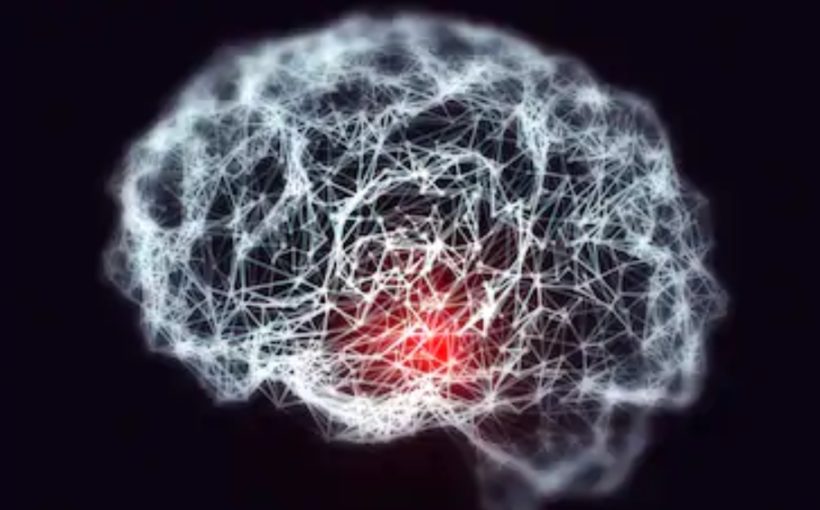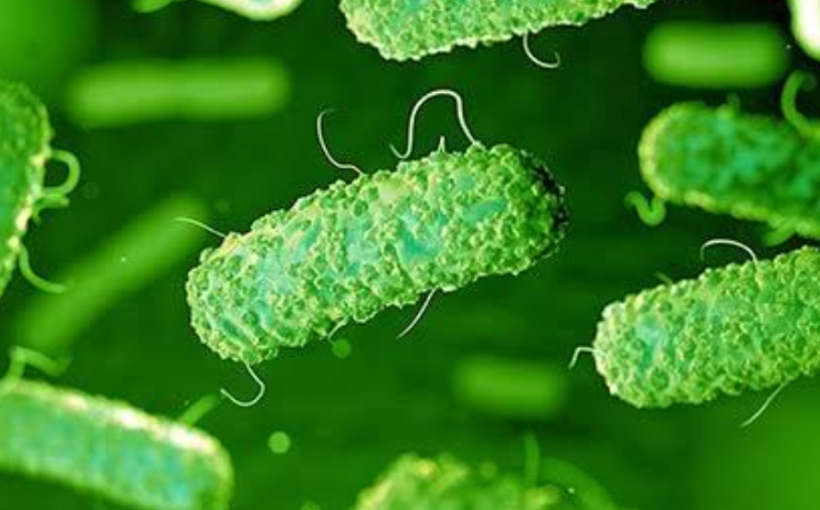Stanford engineers have developed a way to detect physiological signals emanating from the skin with sensors that stick like band-aids

stay healthy…

Stanford engineers have developed a way to detect physiological signals emanating from the skin with sensors that stick like band-aids

Mice consuming a high-fat diet show increased levels of gastric inhibitory polypeptide (GIP), a hormone produced in the gut that

“Autism is hard to screen for in children, when the first signs are present. A trained clinician may be able

The new discovery shows just how the foodborne pathogen knows where and when to begin colonizing the colon on its

According to the National Institute of Mental Health. People with anorexia nervosa avoid food, severely restrict food, or eat very
When a child suffers a head trauma, medical professionals are in high gear to prevent further damage to a developing
The hormone secreting islets of Langerhans in the pancreas have a unique cyto-architecture that allows functional interrelationships between the
Approximately 1 in 5 adults in the United States experience mental illness in a given year. Severe mental illnesses cause
An understanding of the molecular basis of differences in the incidence and survival of cancer between men and women may
New insights into why a faulty gene involved in a devastating form of a kidney condition called nephrotic syndrome leads